Member Spotlight
Angela Beyer – STAEDTLER Mars GmbH & Co. KG
Please introduce your company and yourself briefly.
As project manager for the development of digital products, I am pleased that STAEDTLER participates in shaping the future of writing and drawing through our membership in the DSC. We see ourselves as pioneers in bridging the analog and digital worlds when it comes to writing instruments. STAEDTLER enables people of all ages to bring their own creative ideas to life, and our offerings also serve to be a life-long source of inspiration for people all over the world.
What is the impact of digital ink on your business and products?
Digital ink is very important to the stationery industry and products. STAEDTLER writing instruments and innovations date back to 1835, and the Noris pencil and its famous black and yellow stripes at least to 1901. STAEDTLER believes that natural writing and drawing experience will depend on bringing analog tradition and digital innovation together by taking advantage of digital ink technology. Whether the writer is a young child or an adult, it’s human nature to express ourselves and create by hand using a writing instrument and surface–traditional pen or pencil is often the easiest way to take notes and draw – whether for little children or adults. By writing by hand and grasping a writing instrument, users can better understand the meaning and context behind what they create. This type of haptic perception can be extended from the analog to the digital world using digital ink technology.
What first brought you to the DSC, and why did you decide to become a member?
Through our Wacom partnership, we learned about the DSC. STAEDTLER has worked with Wacom for over a year, creating the STAEDTLER Noris digital pencil, a pencil with a digital ink cartridge for a natural writing and drawing experience on S Pen-compatible devices. The digital pencil brings analog tradition and digital innovation together – in a single product. For STAEDTLER, the DSC provides a great network of potential partner-companies for future projects that can further leverage digital ink technology advancements.
Why is Digital Ink important to your organization?
As a manufacturer of high-quality, German-made writing instruments, STAEDTLER believes in the significance of pens and pencils, especially ones that take advantage of digital ink technology advancements. People will always depend on and use pens and pencils, but with the DSC’s universal digital ink technology framework WILL™ (Wacom Ink Layer Language), future writing tools could take advantage of writing, drawing, and creating across any surface from paper and notebooks to screens. Digital ink advancements are not only about being able to write and draw anywhere but also about being productive and efficient when using digital stationery applications such as note-taking.
What are your expectations for the next couple of years, how will the further developments in digital ink and stationary change your business?
Further developments in universal digital ink technology will help STAEDTLER and other DSC members to take advantage of advancements in machine learning, artificial intelligence, and semantic search. STAEDTLER sees many benefits to creating tools that work universally across platforms, ecosystems, and applications. By ensuring our tools and ink data are universally compatible through WILL™, we can enable a world where people can freely communicate and collaborate across digital devices, writing systems, and cloud services. As a result, the range of products we can offer will greatly expand the kinds of writing and drawing experiences and bring new levels of productivity and creativity to people around the world. As we continue to leverage our German brand’s 180-year heritage and focus on the beauty of writing, expect to see more and more writing instruments leverage the digital ink technology advancements yet to come.
How will consumers benefit from universal digital ink? Businesses? Markets?
A universal digital ink framework ensures that consumers no longer have to worry about which writing tool, digital pen or application they use. When it comes to being creative or working efficiently, writing instruments, papers, screens, and applications will all be part of a seamless natural and intuitive experience. This is why the DSC’s work to create a universal digital ink framework is so important, as it removes the boundaries so that writing instruments can work with any operating system, hardware platform, device or application.
What DSC efforts are you most excited about?
For STAEDTLER, the very fact that the DSC exits and is focused on stationery in a digital way is very exciting for us. Another important benefit is the opportunity to network and collaborate with DSC members to create the innovative solutions that will impact the future of digital stationery. We also really appreciate the different ways the DSC encourages networking from the work groups to the Connected Ink events held around the world.
